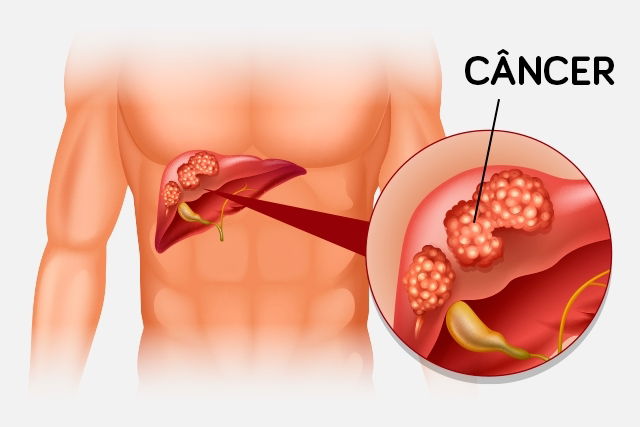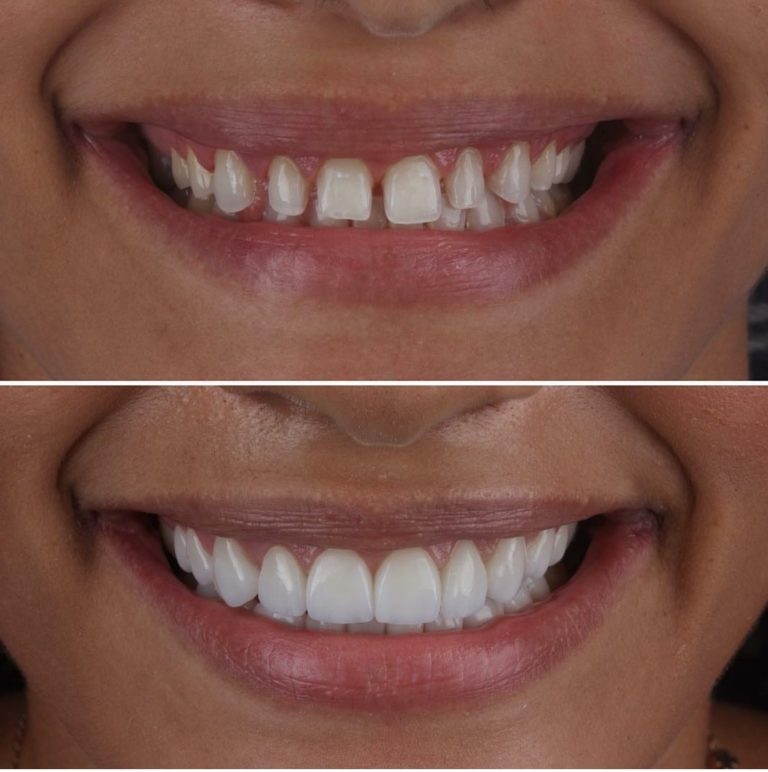Root Resorption Treatment: Stop Tooth Loss Now

The loss of a tooth can be a traumatic experience, especially when it’s due to a condition that could have been prevented or treated. Root resorption is one such condition that can lead to tooth loss if not addressed promptly. It’s a complex process where the root of the tooth starts to dissolve, causing the tooth to become loose and eventually fall out. In this article, we’ll delve into the world of root resorption, exploring its causes, symptoms, and treatment options. Our goal is to empower you with the knowledge to stop tooth loss in its tracks and maintain a healthy, beautiful smile.
Understanding Root Resorption
Root resorption is a pathological process that involves the breakdown and dissolution of the root structure of a tooth. This can occur due to various reasons, including trauma, infection, or excessive orthodontic force. When the root of the tooth starts to resorb, it can lead to a range of symptoms, from mild sensitivity to severe pain and tooth mobility. If left untreated, root resorption can result in the loss of the affected tooth, which can have significant aesthetic and functional implications.
Causes of Root Resorption
To develop an effective treatment plan, it’s essential to understand the underlying causes of root resorption. Some of the most common causes include:
- Trauma: A traumatic injury to the tooth or jaw can cause the root to resorb. This can occur due to a blow to the mouth, a fall, or any other type of accident that affects the tooth.
- Infection: Bacterial infections, such as periodontal disease, can spread to the root of the tooth, causing it to resorb.
- Orthodontic Treatment: Excessive orthodontic force can cause the root to resorb, especially if the force is not applied carefully and gradually.
- Genetic Predisposition: Some individuals may be more prone to root resorption due to their genetic makeup.
Symptoms of Root Resorption
Identifying the symptoms of root resorption is crucial for early diagnosis and treatment. Some common symptoms include:
- Tooth Sensitivity: The tooth may become sensitive to hot or cold temperatures, sweet or sour tastes, or pressure.
- Tooth Mobility: The tooth may start to feel loose or mobile, which can affect chewing and biting.
- Pain: The tooth or surrounding gum may be painful, especially when touched or pressed.
- Swelling: There may be swelling or redness around the affected tooth.
Treatment Options for Root Resorption
Fortunately, root resorption can be treated, and the prognosis is generally good if caught early. The treatment options depend on the severity and extent of the resorption. Some common treatment options include:
- Root Canal Treatment: If the resorption is caused by an infection, a root canal treatment may be necessary to remove the infected pulp and prevent further resorption.
- Apexification: This procedure involves placing a material, such as calcium hydroxide or mineral trioxide aggregate, in the root canal to promote the formation of a calcified barrier and stop the resorption process.
- Apicoectomy: In severe cases, a surgical procedure called apicoectomy may be necessary to remove the affected root tip and prevent further resorption.
- Orthodontic Treatment: If the resorption is caused by orthodontic treatment, the orthodontist may need to adjust the force or treatment plan to prevent further resorption.
Preventing Root Resorption
Prevention is always better than cure, and there are several steps you can take to prevent root resorption:
- Regular Dental Check-Ups: Regular dental check-ups can help identify any potential problems early on.
- Good Oral Hygiene: Maintaining good oral hygiene, including brushing and flossing, can help prevent infections that can lead to root resorption.
- Orthodontic Treatment: If you’re undergoing orthodontic treatment, make sure to follow your orthodontist’s instructions carefully and attend regular check-ups to monitor the treatment progress.
Conclusion
Root resorption is a serious condition that can lead to tooth loss if not treated promptly. By understanding the causes, symptoms, and treatment options, you can take proactive steps to prevent root resorption and maintain a healthy, beautiful smile. Remember, early diagnosis and treatment are key to stopping tooth loss and ensuring a positive outcome. If you suspect you have root resorption or have any concerns about your oral health, consult your dentist or orthodontist today.
Key Takeaways
- Root resorption is a complex process that involves the breakdown and dissolution of the root structure of a tooth.
- The causes of root resorption include trauma, infection, and excessive orthodontic force.
- Symptoms of root resorption include tooth sensitivity, tooth mobility, pain, and swelling.
- Treatment options depend on the severity and extent of the resorption and may include root canal treatment, apexification, apicoectomy, or orthodontic treatment.
- Prevention is key, and regular dental check-ups, good oral hygiene, and careful orthodontic treatment can help prevent root resorption.
FAQ Section
What are the common causes of root resorption?
+The common causes of root resorption include trauma, infection, and excessive orthodontic force. Genetic predisposition may also play a role in some cases.
How can I prevent root resorption?
+To prevent root resorption, maintain good oral hygiene, attend regular dental check-ups, and follow your orthodontist’s instructions carefully if you’re undergoing orthodontic treatment.
What are the symptoms of root resorption?
+The symptoms of root resorption include tooth sensitivity, tooth mobility, pain, and swelling. If you experience any of these symptoms, consult your dentist or orthodontist promptly.
Can root resorption be treated?
+Yes, root resorption can be treated. The treatment options depend on the severity and extent of the resorption and may include root canal treatment, apexification, apicoectomy, or orthodontic treatment.
What is the prognosis for root resorption?
+The prognosis for root resorption is generally good if caught early. However, the outcome depends on the severity and extent of the resorption, as well as the effectiveness of the treatment.

